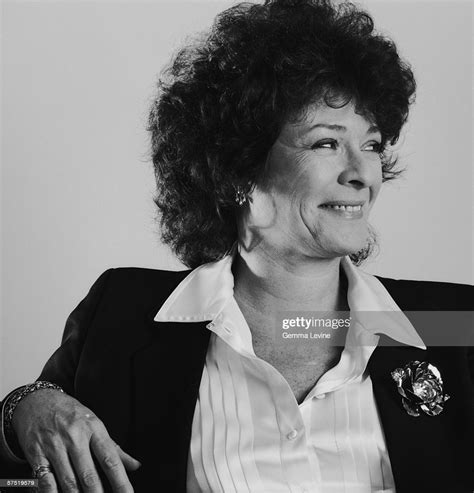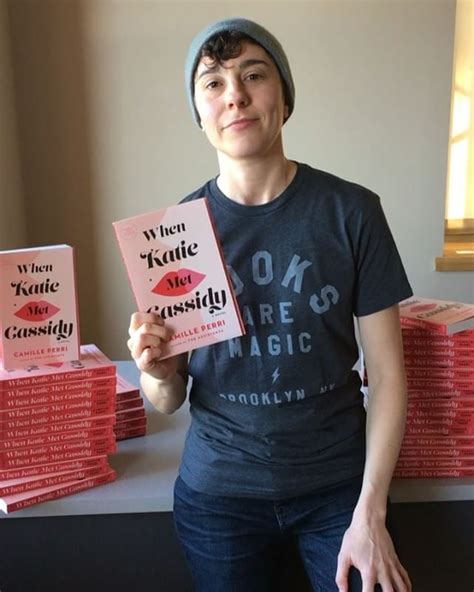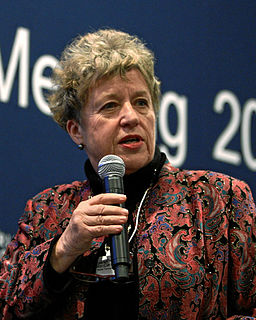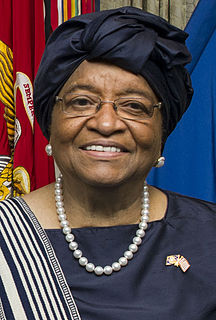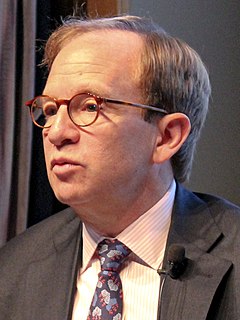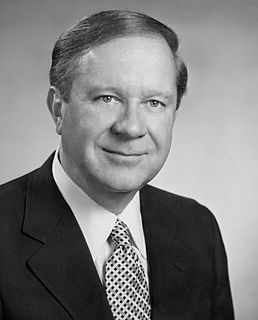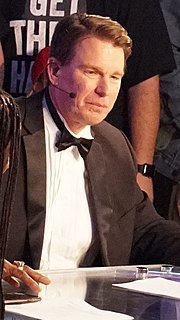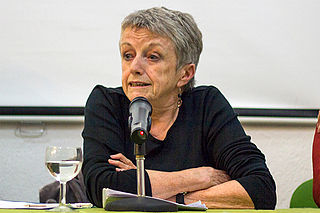Top 1200 Economic Inequality Quotes & Sayings - Page 20
Explore popular Economic Inequality quotes.
Last updated on April 22, 2025.
It seems evident that the IMF has learned nothing from its inequality-inducing policies during the 1980s debt crises in Latin America nor from its recession-deepening response to the East Asian crisis of the late 1990s. In both regions, the IMF has become synonymous with making bad situations worse.
If I could say something about Capricornia, and it came out in your previous report, there is no doubt that the end of the mining boom has led to an economic downturn in central Queensland, and that is why people in Capricornia, and elsewhere in central Queensland too, are so desperate for a government that will protect their jobs and create new opportunities for jobs in the future. And that is why [Malcolm] Turnbull government's message of jobs and growth and its six point economic plan is so important to them.
The BRIC countries - Brazil, India, China, Turkey, South Africa, Indonesia even, and Russia - are now new actors. Over the last eight years, China multiplied by seven its economic presence and penetration in the Middle East. And if this happens on economic terms and there is a shift towards the East, the relationship between these countries and Israel is completely different from the United States. And it means that the challenges are going to be different, because China is not supporting Israel the way the U.S. are supporting Israel.
It's true that globalization, with all its fantastic improvements in the world and the technological progress linked to it, has increased inequality at country level, especially inside countries. And there are people that were left behind - people, sectors, regions - that has created a sense of frustration in the rust belts of the world.
The effort of the economist is to "see," to picture the interplay of economic elements. The more clearly cut these elements appear in his vision, the better; the more elements he can grasp and hold in his mind at once, the better. The economic world is a misty region. The first explorers used unaided vision. Mathematics is the lantern by which what before was dimly visible now looms up in firm, bold outlines. The old phantasmagoria disappear. We see better. We also see further.
Socialism violates at least three of the Ten Commandments: It turns government into God, it legalizes thievery and it elevates covetousness. Discussions of income inequality, after all, aren't about prosperity but about petty spite. Why should you care how much money I make, so long as you are happy?
The best way to think about anarchism is as a combination of three levels. On the one hand, the sort of instinctual revulsion against forms of inequality in power; on the other hand, a reappraisal of what one is already doing in egalitarian relations; and then the projection of these principles on all sorts of relations.
America, like Britain before her, is now the great defender of the Status Quo. She has committed herself against revolution and radical change in the underdeveloped world because independent governments would destroy the world economic and political system, which assures the United States its disproportionate share of economic and political power ... America's preeminent wealth depends upon keeping things in the underdeveloped world much as they are, allowing change and modernization to proceed only in a controlled, orderly, and nonthreatening way.
Internationalism is a community theory of society which is founded on economic, spiritual, and biological facts. It maintains that respect for a healthy development of human society and of world civilization requires that mankind be organized internationally. Nationalities should form the constitutive links in a great world alliance, and must be guaranteed an independent life in the realm of the spiritual and for locally delimited tasks, while economic and political objectives must be guided internationally in a spirit of peaceful cooperation for the promotion of mankind's common interests.
Is the United States going to decide, are the people of this country going to decide that their Federal Government shall in the future have no right under any implied power or any court-approved power to enter into a solution of a national economic problem, but that that national economic problem must be decided only by the States?... We thought we were solving it, and now it has been thrown right straight in our faces. We have been relegated to the horse-and-buggy definition of interstate commerce.
Now we are talking about concluding a free trade agreement between the Eurasian Economic Council, recently established in the post-Soviet space, and China. A similar agreement was concluded a short time ago with Vietnam. Then, we will coordinate, at least we are ready to do this, the Chinese concept of the Silk Road Economic Belt with our newly-created regional organisation. So, do you understand how diverse, multi-faceted and deep Russian-Chinese ties have become over the last couple of decades? And we resolved the border issue.
The most desirable mode of education, is that which is careful that all the acquisitions of the pupil shall be preceded and accompanied by desire . . . The boy, like the man, studies because he desires it. He proceeds upon a plan of is own invention, or by which, by adopting, he has made his own. Everything bespeaks independence and inequality.
I have to say that if our global alliances are going to be alliances with Hezbollah and Hamas and Hugo Chavez's Venezuela and Vladimir Putin's Russia, there is absolutely no chance of building a world-wide alliance that can deal with poverty and inequality and climate change and financial instability, and we've got to face up to that fact.
I believe, the NAACP began to try to organize parents of Negro children to file petitions with the boards of education regarding the integration of the school system. You had some very severe economic reprisals against people in Mississippi and in South Carolina. So, in order to try to help to meet some of the physical needs and the economic needs of people in Clarendon County [SC] who had been displaced from the land, and otherwise, and in certain sections of Mississippi, we organized in New York City something called "In Friendship".
he issue of inequality in this country [USA], and the ways that money has captured our political system, are serious indicators of that. And climate change is a game-changer. We really are in serious trouble as a species if we stick with business as usual. We desperately need to find alternatives, and in fact we are surrounded by them.
Henry Blodget says, "It is not clear what, if any, power and influence [Steven Lerner] currently wields. His main message - that Wall Street won the financial crisis, that inequality in this country is hitting record levels, and that there appears to be no other way to stop the trend - will almost certainly resonate."
Coupled with Usury, Unrestricted Competition destroys the small man for the profit of the great and in so doing produces that mass of economically unfree citizens whose very political freedom comes in question because it has no foundation in any economic freedom, that is, any useful proportion of property to support it. Political freedom without economic freedom is almost worthless, and it is because the modern proletariat has the one kind of freedom without the other that its rebellion is now threatening the very structure of the modern world.
I do agree that the science is not settled on this. The idea we would put Americans' economy in jeopardy based on scientific theory that is not settled yet to me is nonsense. Just because you have a group of scientists who stood up and said this is the fact... Galileo got outvoted for a spell. To put Americans' economic future in jeopardy, asking us to cut back in areas that would have monstrous economic impact on this country is not good economics and I would suggest is not necessarily good science.
[The right] may never bring prayer back to schools, but it has rescued all manner of rightwing economic nostrums from history's dustbins. Having rolled back the landmark economic reforms of the sixties (the war on poverty) and those of the thirties (labor law, agricultural price supports, banking regulation), its leaders now turn their guns on the accomplishments of the earliest years of progressivism (Woodrow Wilson's estate tax; Theodore Roosevelt's anti-trust measures). With a little more effort, the backlash may well repeal the entire twentieth century.
Every person remembers some moment in their life where they witnessed some injustice, big or small, and looked away because the consequences of intervening seemed too intimidating. But there's a limit to the amount of incivility and inequality and inhumanity that each individual can tolerate. I crossed that line. And I'm no longer alone.
If we can create a climate among people that says that any serious candidate for president, Senate, governor, [the] House is going to have to talk about income inequality, raising wages in America, trade policy - that's a huge success. It's not putting pressure on a candidate. It's mobilizing people.
Good, healthy democratic societies are built on three pillars: there's peace and stability, economic development, and respect for rule of law and human rights. But often, we take stability - peace in terms of security and economic activity - to mean a country is doing well. We forget the third and important pillar of rule of law and respect for human rights, because no country can long remain prosperous without that third pillar.
Bring on those tired, labor-plagued, competition-weary companies and ESOP will breathe new life into them. They will find ESOP better than Geritol. It will revitalize what is wrong with capitalism. It will increase productivity. It will improve labor relations. It will promote economic justice. It will save the economic system. It will make our form of government and our concept of freedom prevail over those who don't agree with us.
The spirit of commerce is frugality, economy, moderation, labor, ponderance, tranquillity, order, and rule. So long as this spirit subsides, the riches it produces have no bad effect. The mischief is when excessive wealth destroys the spirit of commerce, then it is that the conveniences of inequality... are felt.
The nature of the economic system should be a matter for public choice, and free market capitalism should not be accepted without any discussion of the rich variety of alternatives ... Unlike civil laws, economic laws are imposed on people with all the authority of immutable laws of nature. But the economy is created by people, supported by government intervention, regulation, statute and subsidy, and implemented in such a way that it gives substantial wealth and power to a privileged few, while the majority face a life of relentless work, stress and periodic financial insecurity.
I'm a part of major league rugby. We had a league meeting to decide what to do with anthem protests, and even though I personally agree with what they say they are protesting as inequality and judicial system and incarceration rates among minorities, we decided all should stand and respect every national anthem.
Anarchism is a definite intellectual current in the life of our times, whose adherents advocate the abolition of economic monopolies and of all political and social coercive institutions within society. In place of the present capitalistic economic order Anarchists would have a free association of all productive forces based upon co-operative labour, which would have as its sole purpose the satisfying of the necessary requirements of every member of society, and would no longer have in view the special interest of privileged minorities within the social union.
Every attempt, by whatever authority, to fix a maximum of productive labor by a given worker in a given time is an unjust restriction upon his freedom and a limitation of his right to make the most of himself in order that he may rise in the scale of the social and economic order in which he lives. The notion that all human beings born into this world enter at birth into a definite social and economic classification, in which classification they must remain permanently through life, is wholly false and fatal to a progressive civilization.
When corporations refuse to practice due diligence by not establishing grievance mechanisms for remedy of abuses against the hidden 94% of their workforce in their global supply chains, they perpetuate a depraved model of profit-making that has driven inequality to a level now seen as a global risk in itself.
Marginalized youth, workers, artists and others are raising serious questions about the violence of inequality and the social order that legitimates it. They are calling for a redistribution of wealth and power - not within the old system, but in a new one in which democracy becomes more than a slogan or a legitimation for authoritarianism and state violence.

